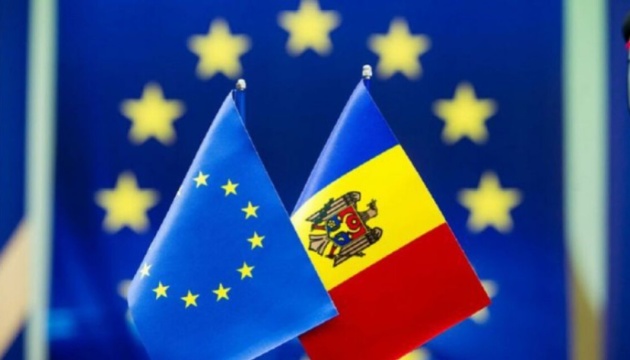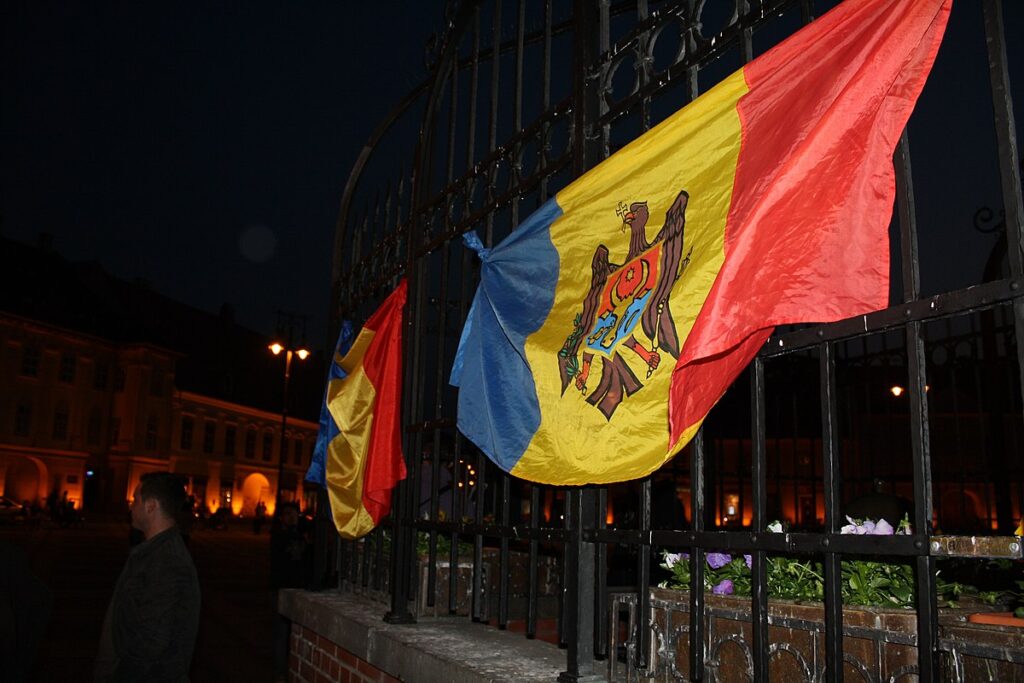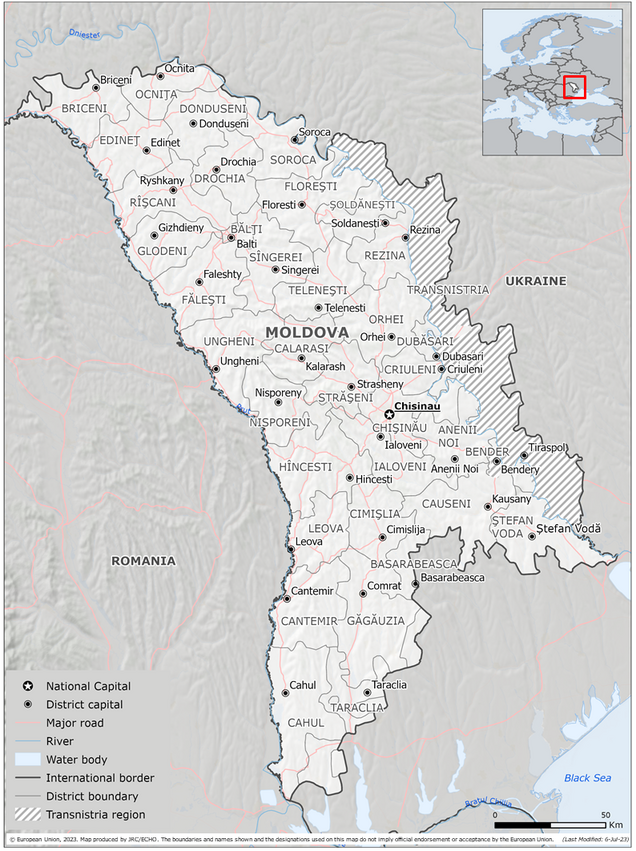Russian-backed networks target pro-European trajectory of Moldova amid upcoming elections

The Kremlin is reportedly preparing a large-scale operation to derail Moldova’s European trajectory and weaken President Maia Sandu’s government. According to Bloomberg, Moscow aims to discredit the ruling party, Action and Solidarity (PAS), and destabilize the country ahead of the parliamentary elections on 28 September.
Moscow has historically exerted influence on the country through political networks, disinformation campaigns, and covert operations. Since the early 1990s, Russian-backed forces have maintained de facto control over Transnistria, a narrow strip of land bordering Ukraine that comprises roughly 12% of Moldova’s territory.
Kremlin’s plan: disinformation and protests
Leaked documents outline multiple tactics: recruiting Moldovans abroad to vote in an organized manner, staging protests and calls for government resignation, running large-scale disinformation campaigns on social media, and leveraging compromising material against officials.
Young men from sports clubs and criminal groups are expected to be mobilized for provocations during and after the elections.
On Monday, 22 September, Moldova already detained 74 people suspected of preparing violent unrest.
Officials said the suspects had traveled to Serbia for training that included firearms handling, crowd-control tactics, and provocations during protests, allegedly under instruction from Russian citizens. Participants were reportedly paid around €400 each.
European officials sound the alarm
European authorities warn that Russia is highly likely to attempt most of these measures. Support for pro-Russian parties in Moldova ranges from political consulting to direct funding.
President Maia Sandu has previously warned of voter bribery, cyberattacks, paid protests, and disinformation campaigns, urging international partners to strengthen monitoring of democratic processes.
Elections and Moldova’s future
These elections will shape Moldova’s European path. Recent polls suggest PAS may retain the lead, but without a parliamentary majority, leaving room for political maneuvering by the opposition, which is actively supported by Moscow.
The situation remains tense, and Russian attempts to influence the outcome could determine the country’s political direction for years to come.

